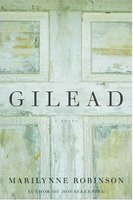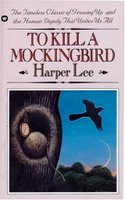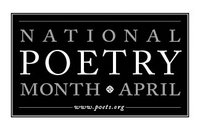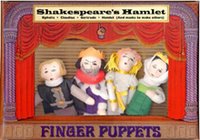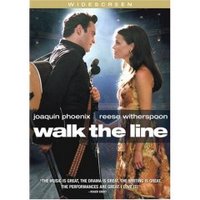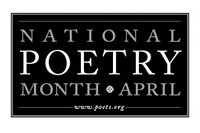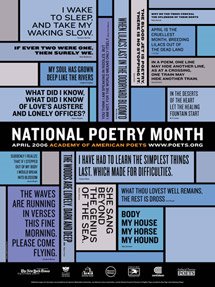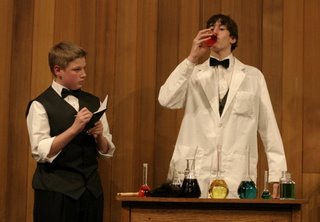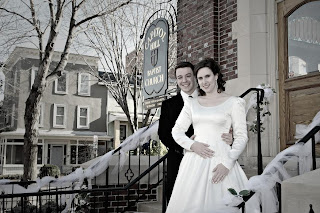NPM: Meditation 1.8
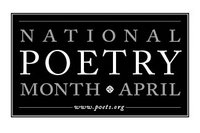
For my last National Poetry Month contribution, I decided to post a poem by Edward Taylor, a Puritan pastor/poet whose work I first read in college. As is the case with many of my literary interests, my appreciation for this poetry was inspired by a professor's love for Taylor's work. And so I post this poem today with gratitude to Dr. Ray St. John at Bob Jones University and his Colonial and Revolutionary Literature course.
Edward Taylor (c.1642-1729) was born in England and came to Massachusetts in his twenties to pastor a church in a small farming village west of Boston. He spent nearly sixty years in Westfield as the minister and town doctor. And though he was a prolific poet, he didn't publish his work and requested that his heirs preserve but not publish his writings even after his death. And so it wasn't until 1937 that his manuscripts were discovered in the Yale University Library and subsequently published. This discovery of Taylor's work forced critics to reevaluate their conclusions about early American poetry, for Taylor's poems contradicted the idea that Puritans were simply stern and sober. Taylor's poetry - full of metaphors, conceits, and intense imagery - is often compared to that of Herbert and Donne, and now ranks as one of the highest literary achievements of early American literature.
The majority of Taylor's poetry appears in two collections: God's Determinations Touching His Elect and Preparatory Meditations. He wrote the poems in the latter collection at regular intervals between 1682 and 1725 to prepare himself spiritually for administering the Lord's Supper. There are 215 meditations in this collection (divided into two series), each focusing on Christ and His atonement. Nearly all are preceded by a passage from Scripture, which was the text from which Taylor preached his sermon on that occasion.
Meditation 1.8
John 6:51: I am the living bread.
I kenning through astronomy divine
The world’s bright battlement, wherein I spy
A golden path my pencil cannot line
From that bright throne unto my threshold lie.
And while my puzzled thoughts about it pour,
I find the bread of life in't at my door.
When that this bird of paradise put in
This wicker cage (my corpse) to tweedle praise
Had pecked the fruit forbad, and so did fling
Away its food, and lost its golden days,
It fell into celestial famine sore,
And never could attain a morsel more.
Alas! Alas! Poor bird, what wilt thou do?
The creatures’ field no food for souls e're gave;
And if thou knock at angels’ doors, they show
An empty barrel; they no soul bread have.
Alas! Poor bird, the world’s white loaf is done,
And cannot yield thee here the smallest crumb.
In this sad state, God’s tender bowels run
Out streams of grace; and He to end all strife
The purest wheat in heaven, his dear-dear Son,
Grinds, and kneads up into this bread of life,
Which bread of life from heaven down came and stands
Dished on thy table up by angels’ hands.
Did God mold up this bread in heaven, and bake,
Which from his table came, and to thine goeth?
Doth He bespeak thee thus, “This soul bread take;
Come, eat thy fill of this, thy God’s white loaf!
It’s food too fine for angels, yet come, take
And eat thy fill. It’s heaven’s sugar cake.”
What grace is this knead in this loaf? This thing
Souls are but petty things it to admire.
Ye angels, help; this fill would to the brim
Heav'n s whelmed-down crystal meal bowl, yea and higher.
This bread of life dropped in my mouth doth cry:
"Eat, eat me, soul, and thou shalt never die."
[1684]
